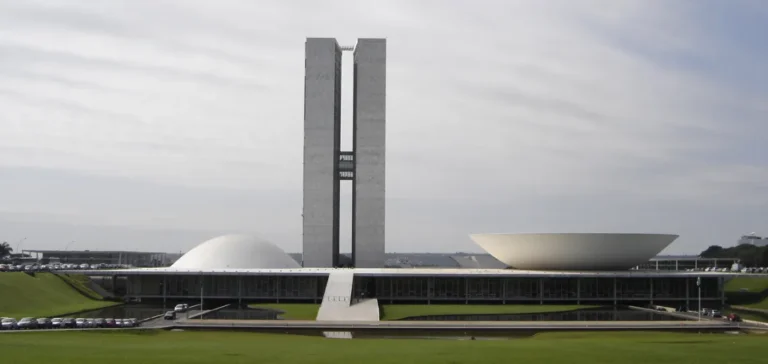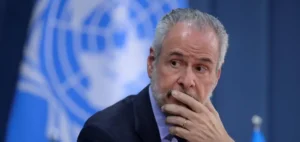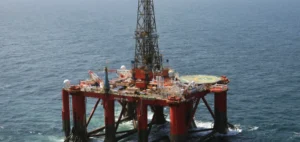Following the American announcement of a sweeping increase in tariffs affecting all Brazilian exports, the Brazilian government has published a decree expanding its regulatory arsenal for trade retaliation. This immediately applicable text provides the country with a clear legal framework to proportionately respond to protectionist measures by foreign trading partners. Although not explicitly naming the United States, the decree openly addresses the recent decision to impose a 50% customs duty, which Brasilia considers a major turning point in trade tensions.
An Unprecedented Regulatory Framework
The new Brazilian decree is based on the Trade Reciprocity Law (Lei da Reciprocidade Comercial), which came into force earlier this year, allowing the country to suspend existing tariff concessions, restrict certain foreign investments, and even reassess intellectual property obligations in response to unjustified trade barriers. This legal measure supplements diplomatic efforts and explicitly authorizes coercive measures following unsuccessful preliminary negotiations. Practically, an interministerial commission chaired by the vice president and industry minister will be tasked with evaluating the severity of foreign measures and applying appropriate sanctions.
Potential Impact on Key Economic Sectors
While the initial shock affects all Brazilian export sectors, specific areas such as agro-industry, metallurgy, and biofuels could experience the most significant disruptions. Historically, the U.S. market represents a substantial part of the commercial outlets for these sectors, though dependence has decreased over recent years. For instance, Brazilian ethanol exports to the United States currently account for only 17% of the country’s total foreign ethanol sales, down from more than 70% seven years ago. Brazilian producers thus appear prepared for such measures, having already shifted their strategy toward other markets, notably in Asia.
Concerns Among American Businesses
On the U.S. side, several major professional organizations, including the leading business federation, are sounding the alarm about the negative repercussions of this emerging trade war. According to these groups, the significant increase in tariffs on Brazilian imports could severely impact American supply chains. They emphasize that thousands of American SMEs directly depend on these exchanges, particularly in the manufacturing and agri-food sectors. Consequently, the final cost to American consumers could rise substantially, while the competitiveness of domestic companies could erode further amid an already unstable economic environment.
An Escalation with Unpredictable Consequences
As both governments harden their positions, economic uncertainties intensify. Although the Brazilian decree prioritizes diplomatic routes before any actual sanctions, the current situation raises genuine fears of escalation. Businesses from both nations are already questioning the long-term implications of such a standoff, both in terms of market access and their ability to maintain a bilateral relationship that has been strategic for decades. Far from calming tensions, Brazil’s newly established legal framework sends a clear message about Brasilia’s determination to no longer passively endure measures perceived as hostile to its economic interests.






















